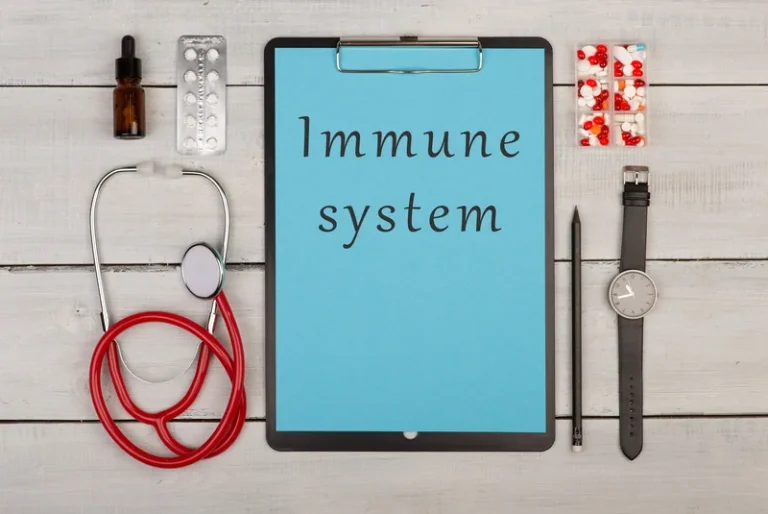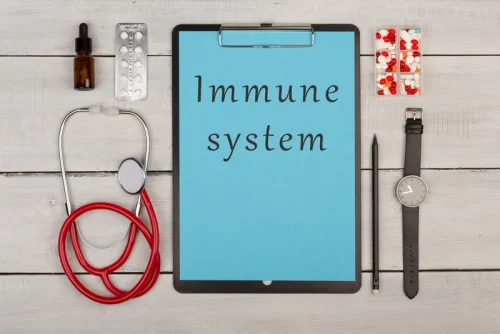
Alcohol can impact levels of phosphorus bringing them up too high as well as dropping them too low. Another way potassium affects sodium Sober living house is by triggering the ADH hormone. We will cover more about how alcohol changes hydration levels in more depth below. Now that we have covered some of the nutrients in alcohol, let’s look at how alcohol can affect the body and nutrients inside the body.

Kidney Structure and Function.

Kidney stones may further damage renal tissue and decrease kidney function. Fortunately, some high-potassium foods, including potatoes and sweet potatoes, can be soaked or leached to reduce their potassium contents. Apricots are a high potassium food that should be avoided on a renal diet.
Understanding Kidney Stones
- Since aging, metabolic diseases, and hypertension impair kidney function, they can also influence the effect of ethanol on the kidneys.
- Diuresis by inhibiting vasopressin release 53 and impairing acid secretion have also been discovered in alcoholics.
- This can lead to acute kidney injury, which may result in lasting kidney damage.
- Drinking too much alcohol—even for a completely healthy person—can cause heart disease, liver disease, high blood pressure and kidney disease, in addition to many other medical problems.
- Alcohol is also known to dehydrate the body, which can affect the regular function of the kidneys.
- People with diabetes and kidney disease need to be particularly careful.
Alkalosis was present in 71 percent of patients with established liver disease in 11 studies, and respiratory alkalosis was the most common disturbance in 7 of the studies (Oster and Perez 1996). If an acute alcoholic binge induces extensive vomiting, potentially severe alkalosis may result from losses of fluid, salt, and stomach acid. The few studies focusing on alcohol’s direct effects on perfusion in human kidneys suggest that regulatory mechanisms retain control over this component of kidney function despite alcohol consumption.

Fruits Good for Weight Loss and 5 Fruits To Avoid
- Electrolyte imbalances can be avoided and renal function preserved by measures such as limiting alcohol consumption and eating a diet high in electrolyte-rich foods like fruits and vegetables.
- This equals 5 cans of beer, 12 shots of whisky, or 3.5 cups of wine.
- Over time, high blood sugar levels can reduce your kidneys’ ability to function.
- People with high blood pressure and on blood pressure medication are also affected by alcohol.
- Canned foods, including soups, vegetables, meats, and seafood, are popular because they’re a quick and convenient way to add more nutrient-rich foods to your diet.
However, most canned foods are high in sodium because salt is often used as a preservative to extend their shelf life. Many misconceptions exist regarding this topic, and understanding the scientific evidence is crucial. Rum and liquors, in general, have the least potassium at 0.84 mg and the least phosphorus at 2.1 mg per 1.5 fl oz. Definitely check the amount of sugar and potassium you’re getting with your juices before you decide if they would be a good choice for you. Mio water flavoring would be one to stay away from since it contains potassium sorbate as an additive.
- Checking with a healthcare professional can provide further personalized guidance.
- Oranges and orange juice are high in potassium and should be limited to a renal diet.
- For example, every beer you consume should be matched with a glass of water to help maintain hydration.
- The risk of developing CKD from heavy drinking also increases if you smoke.

However, we should be aware that alcohol also can contain harmful substances. Ethyl alcohol and water are the main ingredients of alcohol beverages, but we cannot ignore other bioactivators in liquors, such as polyphenols. Moreover, alcohol-induced renal tubular dysfunction is also reflected in vitamin reabsorption disorders. Subramanian et al. proved that chronic alcohol consumption can significantly inhibit carrier-mediated thiamin and biotin transport across the renal brush border membrane and basolateral membrane 54,55. Unlike previous reports, some researchers indicated that ethyl alcohol pretreatment can improve renal antioxidant activities and capacity.
Research has linked a high intake of UPFs to an increased risk of kidney disease. Since they are part of a system, when the liver is damaged even from acute alcohol consumption, the kidneys can soon become impaired themselves. Alcohol is known to dehydrate the body, and this too causes the kidneys to work overtime to maintain homeostasis – a state of calm and stability in the body. Let’s first explore how the kidneys work before we dive in on alcohol’s impact on them. Drinking is a complex social activity, and the is beer bad for kidneys results of many studies on the effect of alcohol consumption on CKD may be affected by many confounding factors. This makes it difficult for us to obtain reliable evidence to support our conclusions.
